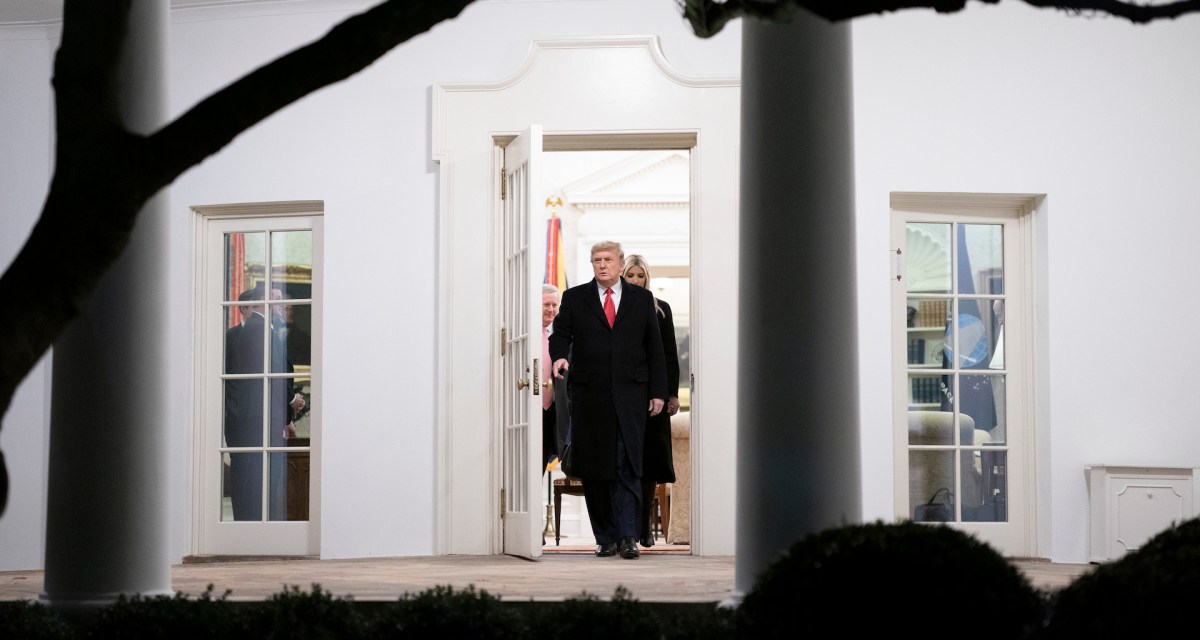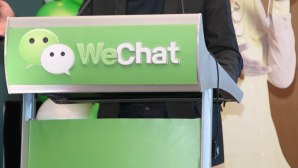More Chinese apps attract a ban from a presidential administration on the way out

President Donald Trump’s latest executive order against Chinese tech companies might not ever take effect, but at a minimum it will force some decisions by the incoming presidential administration.
The order bans U.S. transactions with several mobile apps, including Alipay and WeChat Pay, in the interest of protecting the security of U.S. users. The Trump administration made similar moves against TikTok last year, and those efforts are still tied up in court.
“The United States has assessed that a number of Chinese connected software applications automatically capture vast swaths of information from millions of users in the United States, including sensitive personally identifiable information and private information,” according to the executive order, which Trump issued Tuesday night. As with TikTok, the assumption is that such data could be readily available to the Chinese government.
The catch is that the order takes effect in 45 days — well after the inauguration of President-elect Joe Biden on Jan. 20. Biden could simply choose to undo Trump’s order along with any others issued the last four years. A White House official told reporters Tuesday night that the Biden transition team had not been consulted about the order.
The Commerce Department will implement the ban, which explicitly names eight mobile apps: Alipay, CamScanner, QQ Wallet, SHAREit, Tencent QQ, VMate, WeChat Pay, and WPS Office. Of those, CamScanner — a document-management app — is said to have the largest U.S. footprint, with more than 4 million downloads in 2020. The payment apps Alipay, owned by Chinese billionaire Jack Ma, and WeChat Pay, owned by tech giant Tencent, are big in China but so far have been primarily targeted to Chinese tourists in the U.S., reports said. The QQ apps are also owned by Tencent.
The White House’s assessment of the espionage threat from those apps is similar to previous language in policies directed at Chinese technology.
Any data collection by the apps “threatens to provide the Government of the People’s Republic of China (PRC) and the Chinese Communist Party (CCP) with access to Americans’ personal and proprietary information — which would permit China to track the locations of Federal employees and contractors, and build dossiers of personal information,” the order says.
National security adviser Robert O’Brien issued a statement in support of Trump’s move, saying “China’s Military-Civil Fusion strategy explicitly aims to co-opt or coerce civilian enterprises” into assisting the military.
“The Chinese government requires that all commercial companies, big and small, support the Chinese Communist Party’s political objectives as Chinese regulators have recently demonstrated,” O’Brien wrote.
Commerce Secretary Wilbur Ross, in a separate statement, said he supports efforts that protect “the privacy and security of Americans from threats posed by the Chinese Communist Party.”
The executive order cites the 2014 hack of the Office of Personnel Management, the 2015 data breach of health care company Anthem and the 2017 intrusion into credit-reporting agency Equifax as examples of Chinese operations to steal data about Americans.
The Biden campaign hasn’t made any targeted statements against China’s tech industry, but analysts expect the incoming administration to take a less aggressive tone than the current administration.





